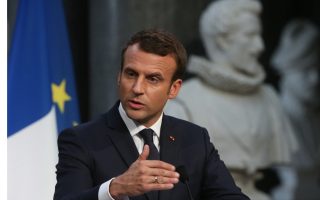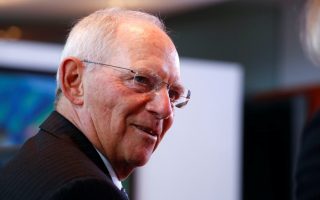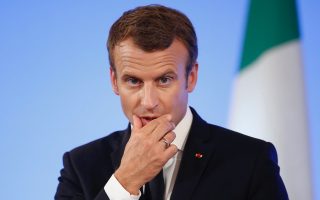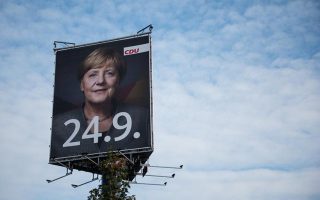Central Europe is just expressing itself
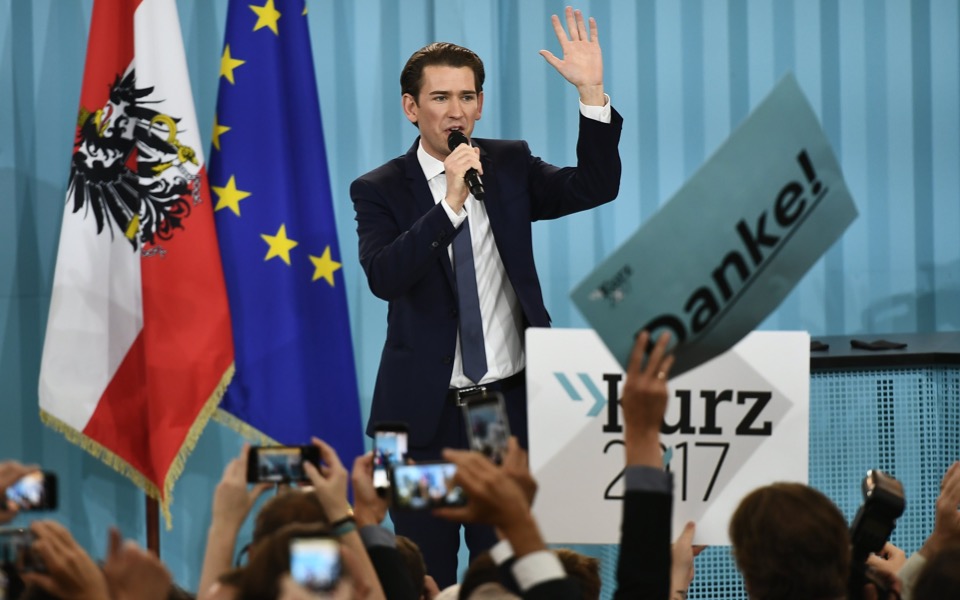
Parliamentary elections in Austria last Sunday have confirmed the trend we are seeing in many parts of Europe pointing to a strengthening of the nationalist right wing.
This observation is driven mainly by the fact that the leader of the Austrian conservative party, Sebastian Kurz, shifted so much further to the right over the issue of the migration crisis that his rhetoric on the topic became similar to that of Heinz-Christian Strache’s Freedom Party.
There was a similar development just a few months ago in the Netherlands, yet the political “damage” there has not been irreversible, as some had argued.
These are simplifications and generalizations, tools that have always been used by leftists and liberals to compose a narrative that negates reality.
If we want to understand what is happening in Austria and other parts of Europe, we need to examine the question of recent election results in combination with all the “unconventional” and “uncouth” things going on in Hungary and Poland, and possibly even in the Czech Republic, where elections will be held in a few days.
The prevailing logic in Europe is that these phenomena suggest a dangerous backslide to Nazism, a resurrection of the ghosts of the past. They forget that when it comes to this continent, the ghosts have been around for much, much longer than most analysts take into account.
The region we know as Central Europe today emerged from the collapse of the Hapsburg Empire after World War I and comprised states that were ethnically diverse and separated along often arbitrary and artificial borders.
Following a few years of independence, they fell prey to Adolf Hitler’s ambitions and not long after to those of the Soviet dictator Joseph Stalin – with the exception of Austria.
The collapse of the communist system resulted in the search for a new national identity. The short period of independence had not allowed these countries to build a strong national middle class, as the Hapsburg system was multinational and the communists were ruthless in smashing identity boundaries.
Once these countries were inducted into the European system, their quest for national emancipation came to a standstill.
In the meantime, the European Union’s huge political deficit elevated economics to the only factor shaping developments – even though the entire process has been dressed in a mantle of Enlightenment principles – and such notions were pushed aside.
We forget that it was such a balance – albeit in its extreme form – that constituted the core of communism. It should come as little surprise therefore that Central Europe is expressing its character – and it is doing so quite moderately as well.


